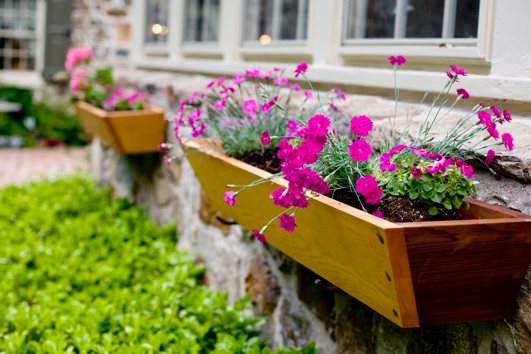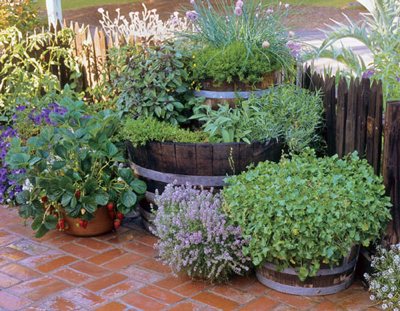Which things are good and bad to add to compost?
At The Compost Shop we only stock the best compost available that is full of rich nutrients. For this reason we would suggest sticking to our already highly nutritious compost and not adding anything to it. That said, there are a few natural ingredients that should not do the compost any harm and that can be used if you are attempting to make your own compost. There are also some other ingredients that we suggest you actively avoid putting in your compost heap.
It is fundamentally important to keep an even blend of wet, green and dry, brown materials. Green materials constitute fruit and vegetable scraps, egg shells, tea bags and freshly mown grass clippings. These should all be fine to put in your compost heap but should be balanced out by dry, brown materials including dry leaves, dry grass clippings, nuts, pinecones and shredded newspaper. Work around maintaining a basic 50/50 ratio between green and brown materials, although many suggest the perfect ratio is 60/40 in favour of green.
There are a few things that it is ill-advised to put in your compost, and although some people will swear by these products we highly recommend avoiding them. The first of these is animal waste from your pets. This should be avoided if you are looking to plant vegetable or fruit plants and should only be added to your compost if you are growing solely ornamental plants. If you are making compost at home also avoid large amounts of meat and bones from animals and dairy products, oils, fats and so on. When making compost at home you are not likely to be able to generate sufficient temperature to properly break down meat or bones into compost.
Do not under any circumstances add diseased plants, weeds or wet grass to your compost. Doing this can cause these diseased plants and weeds to grow amongst your compost and among the plants that you are trying to grow. Anything that is not a natural product should not be added to compost. Synthetic pesticides and other inorganic materials such as plastics and cleaning chemicals should not ever be added to compost. Paper should be fine to compost but coloured paper or printed paper should be avoided as the ink will likely contain toxins which will be harmful to the compost.
Making your own compost at home can be a great way to keep down the cost of growing plants. What many of our customers do is mix their home-grown compost with our professionally produced compost to create a blend of nutrient rich compost. Turf Growers are the experts in creating garden compost so trust us to provide you with the best compost and the best hints and tips to ensure great plants every time.

 Most herbs are easy and rewarding plants to maintain and grow. They can grow either indoors or outdoors as part of your garden, provided that the weather is not too cold or frosty. You can use any multi purpose compost to grow herbs successfuly, making them an ideal beginners plant for new gardeners. You can buy compost online for great prices from many
Most herbs are easy and rewarding plants to maintain and grow. They can grow either indoors or outdoors as part of your garden, provided that the weather is not too cold or frosty. You can use any multi purpose compost to grow herbs successfuly, making them an ideal beginners plant for new gardeners. You can buy compost online for great prices from many